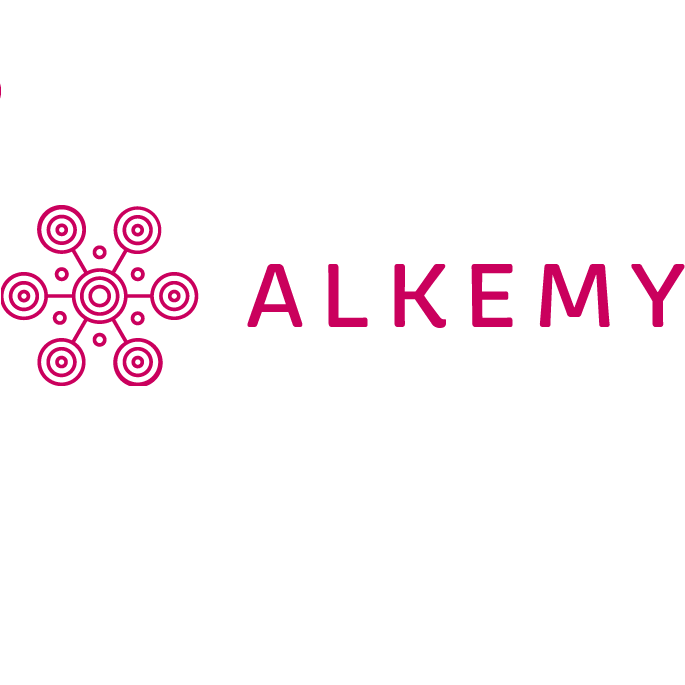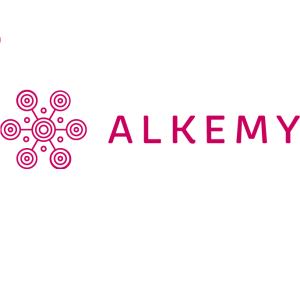Lithium plays a vital part in the energy transition, acting as a cornerstone in the development of clean energy technologies. Its unique properties make it an essential component in key applications such as lithium-ion batteries, electric vehicles, and energy storage systems. These technologies have transformed the way we power our devices and vehicles. Lithium-ion batteries, in particular, are favoured for their high energy density, long cycle life, and fast recharge capabilities. From smartphones to electric vehicles (EVs), lithium-ion batteries have become the preferred choice due to their efficiency and reliability.
The use of lithium in electric vehicles offers a sustainable alternative to traditional, fossil fuel-based transportation. EVs powered by lithium-ion batteries produce zero emissions, contributing significantly to the reduction of greenhouse gases. As the demand for cleaner energy grows, electric vehicles are becoming a central feature in the move towards sustainable transport. Similarly, lithium-based energy storage systems are essential for storing electricity generated from renewable sources like solar and wind power, helping to balance energy supply and demand.
Lithium is also widely used in other clean energy technologies, including advanced ceramics and glass manufacturing, as well as lubricants for wind turbines. Its versatility ensures that lithium continues to be a driving force in clean energy, enabling further progress toward a greener future.
As the demand for lithium increases, the mining industry becomes crucial in ensuring its supply. Extracting lithium in a responsible and sustainable manner is essential to meeting this growing demand without causing undue harm to the environment. The mining sector is tasked with providing the lithium needed to support global clean energy initiatives while maintaining environmental responsibility.
Lithium reserves are concentrated in regions such as Bolivia, Chile, and Argentina, making these areas key players in the global supply chain. Responsibly accessing these resources ensures a reliable supply of lithium to meet the growing demand. However, predicting future demand is not straightforward, as market dynamics and technological advancements continue to evolve. Careful planning is necessary to maintain a stable supply, particularly as industries like electric vehicles and renewable energy continue to grow.
The lithium extraction process can vary. Exploration involves using techniques such as geological mapping and drilling to locate lithium-rich areas. Once identified, lithium can be extracted through brine extraction or hard rock mining. Each method presents unique challenges regarding cost, efficiency, and environmental impact. Balancing these factors is crucial in ensuring that the extraction process remains both economically viable and environmentally sustainable.
Sustainable mining practices are essential to minimising the environmental impact of extracting lithium. While mining operations can disrupt ecosystems and affect local communities, responsible practices help mitigate these risks. Conducting thorough environmental assessments and adopting mitigation strategies are critical steps in protecting the surrounding environment.
Equally important is the well-being of local communities. Mining operations often coexist with nearby populations, and their social and economic welfare must be prioritised. This includes creating jobs, respecting indigenous rights, and ensuring safe working conditions for miners. Engaging with communities and involving them in decision-making processes fosters positive relationships and contributes to long-term sustainability.
Innovations in mining techniques, such as eco-friendly brine extraction, have played a key role in reducing the environmental footprint of lithium mining. This method limits the need for extensive excavation, reducing the disturbance of local ecosystems. Additionally, advances in water treatment and recycling systems have minimised water usage, further contributing to sustainable practices.
Ethical considerations are also central to lithium mining. By ensuring transparency and traceability in the supply chain, the industry can avoid sourcing lithium from regions with poor labour practices or environmental standards. Supporting local communities through economic initiatives and infrastructure investments is another critical aspect of ethical mining practices.
Industry initiatives aimed at sustainability have helped set standards for responsible lithium mining. Collaborative efforts are underway to create certifications and guidelines that prioritise environmental and social factors in mining operations. Companies are investing in research and development to improve lithium extraction efficiency, reducing the environmental impact even further.
As the focus on sustainable mining grows, the demand for skilled professionals in the lithium sector increases. A wide range of roles, from geologists and mining engineers to environmental specialists and metallurgists, are required to ensure that lithium is extracted responsibly. These professionals are instrumental in implementing environmental safeguards, improving operational efficiency, and promoting social responsibility in mining operations.
Building a career in lithium mining often requires specific educational qualifications, such as a degree in mining engineering, geology, or environmental science. Certifications like Professional Engineer (PE) or Certified Environmental Professional (CEP) can also enhance career prospects. Gaining practical experience through internships or entry-level positions is invaluable for developing skills and building connections within the industry.
One of the advantages of working in the lithium industry is its global nature. Lithium deposits are found worldwide, offering professionals the opportunity to work on international projects and collaborate with diverse teams. This global perspective adds an exciting dimension to careers in the sector, allowing individuals to gain exposure to different cultures and approaches to sustainable mining.
Lithium is undeniably central to the future of sustainable energy. Its contributions to clean energy technologies, including electric vehicles and energy storage systems, are critical to reducing reliance on fossil fuels and combating climate change. Furthermore, the lithium industry is paving the way for a new generation of professionals to contribute to sustainable mining practices.
Encouraging more individuals to pursue careers in the lithium sector is essential for fostering a greener future. The challenges faced by the industry, from supply and demand to sustainability, present opportunities for innovation and growth. By inspiring the next generation to get involved, the industry can continue to advance toward a future where clean energy is at the forefront of global priorities.
ILithium’s role in the energy transition and the ongoing commitment to sustainable mining practices offers a promising outlook for both the industry and the environment. Specialists within the sector have the potential to make a meaningful impact, contributing to a future powered by clean, renewable energy.
Alkemy Capital Investments plc (LON:ALK) is focussed on developing projects in the energy transition metals sector. Tees Valley Lithium is developing a state of the art lithium hydroxide plant at Teesside, UK. Tees Valley Graphite is developing the UK’s first natural graphite active anode material processing facility at the ‘plug-and-play’ Wilton International Chemicals Park.


